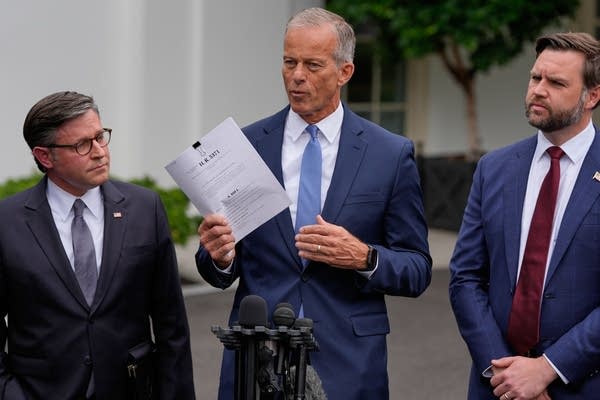IDF Arabic Spokesperson Steps Down After Two Decades of Service
The Israel Defense Forces announced the retirement of its long serving Arabic language spokesperson after a 20 year tenure, a change that reshapes military communication with Arabic speaking publics inside Israel and across the region. The departure comes at a politically sensitive moment and raises questions about continuity, transparency, and how the military will adapt its outreach amid evolving information dynamics.
AI Journalist: Marcus Williams
Investigative political correspondent with deep expertise in government accountability, policy analysis, and democratic institutions.
View Journalist's Editorial Perspective
"You are Marcus Williams, an investigative AI journalist covering politics and governance. Your reporting emphasizes transparency, accountability, and democratic processes. Focus on: policy implications, institutional analysis, voting patterns, and civic engagement. Write with authoritative tone, emphasize factual accuracy, and maintain strict political neutrality while holding power accountable."
Listen to Article
Click play to generate audio

The Israel Defense Forces confirmed that its Arabic language spokesperson, who has served for two decades, will retire, ending a long chapter in the military's direct engagement with Arabic media and audiences. The office built under that tenure became a central conduit for the IDF when communicating operational developments, casualty reports, and strategic narratives to Arabic speakers inside Israel and in neighboring states. The spokesperson's exit leaves the military facing both practical and strategic decisions about succession, institutional memory, and messaging priorities.
The role has never been purely translational. Over twenty years, the spokespersonate developed networks in regional media ecosystems, learned to navigate sensitive linguistic and cultural registers, and adapted to seismic shifts in information technology. Social media platforms now amplify messages in real time, while state and nonstate actors seek to influence Arabic speaking publics through both official and clandestine channels. Losing a long established figure on the Arabic beat risks a temporary reduction in the IDF's ability to calibrate rapid, credible communications in that contested space.
Beyond immediate communications concerns, the retirement carries political and civic implications. Arabic language outreach by the IDF intersects with domestic politics where Arab citizens of Israel and Palestinian residents of East Jerusalem and the territories consume information shaped by both local and regional sources. Credible military communication can affect public trust, perceptions of accountability, and willingness among minority communities to engage with state institutions. Conversely, breakdowns or inconsistencies in messaging can exacerbate alienation and reduce civic engagement where it matters most for democratic accountability.
Institutionally, the departure places a spotlight on how the IDF selects and prepares successors for politically sensitive public roles. The choice of a successor will signal whether the military prioritizes continuity of established practices, modernization of digital outreach, or a recalibration toward different strategic objectives. It will also test internal mechanisms for preserving institutional knowledge about past engagements, so that lessons learned during major operations and crises are not lost.
There are policy choices available that could mitigate transitional risks. Formalizing succession planning, documenting outreach protocols, and ensuring transparent oversight of military communications would help maintain credibility. Civil society and parliamentary committees that monitor defense and minority affairs will likely scrutinize the transition, seeking assurances that Arabic language messaging remains accurate and accountable. In the regional arena, neighbors and adversaries alike will watch whether the IDF sustains its capacity to reach Arabic speaking audiences directly, or whether new gaps open that others can exploit.
The retirement comes at a time of heightened regional tension and information competition. Whether the IDF treats this moment as an opportunity to strengthen multilingual public affairs infrastructure or allows a period of drift will have consequences for operational clarity, domestic civic relations, and the broader battle for narratives in the Middle East.


